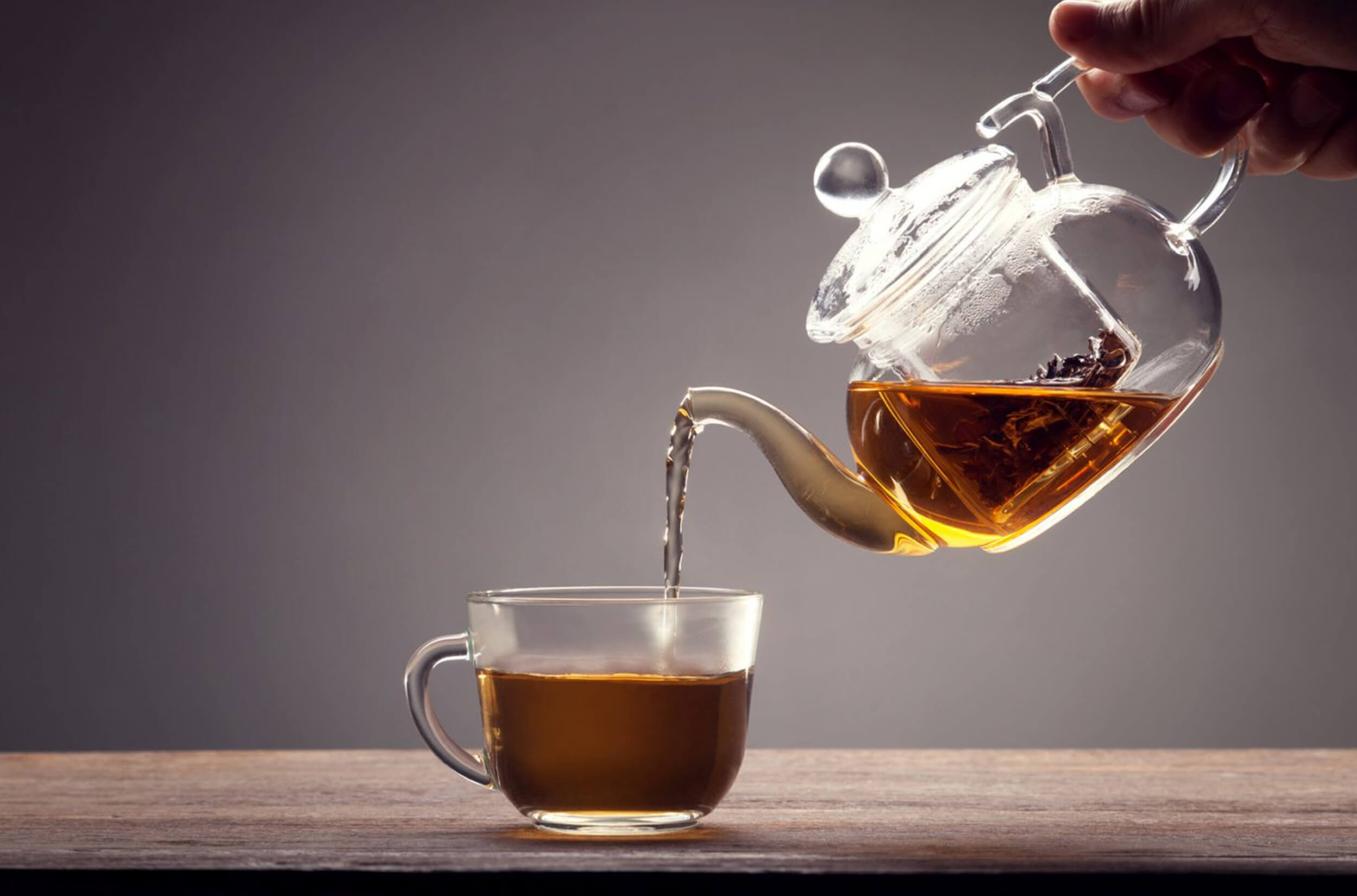
The benefits of tea are clear as day but we’re going to go into them today since there are probably a few you weren’t aware of and definitely a few that might surprise you. If this doesn't encourage you to turn on the kettle then we don't know what will!
Lets start with the basics, the kind of tea you drink matters. Make sure that your “tea” is actually tea. Real tea is derived from a particular plant (Camellia sinensis) and includes only four varieties: green, black, white, and oolong. Anything else (like herbal “tea”) is an infusion of a different plant and isn’t technically tea.
But what real tea lacks in variety, it makes up for with some serious health benefits. Researchers attribute tea’s health properties to polyphenols (a type of antioxidant) and phytochemicals. Though most studies have focused on the better-known green and black teas, white and oolong also bring benefits to the table. Read on to find out what tea can do for you.
Tea Can Boost Exercise Endurance
Scientists have found that the catechins (antioxidants) in green tea extract increase the body’s ability to burn fat as fuel, which accounts for improved muscle endurance.
The Antioxidants in Tea and Preventing Cancer
Tea has been shown to play a part in reducing the development of many forms of cancer such as breast, colon, colorectal, skin, lung, esophagus, stomach, small intestine, pancreas, liver, ovarian, prostate and oral cancers. It goes without saying that you should not rely solely on tea to keep a healthy body — tea is not a miracle cure, after all. While more studies than not suggest that tea has cancer-fighting benefits, the current research is mixed.
Tea Helps Fight Free Radicals
Tea is high in oxygen radical absorbance capacity (“ORAC” to its friends), which is a fancy way of saying that it helps destroy free radicals (which can damage DNA) in the body. While our bodies are designed to fight free radicals on their own, they’re not 100 percent effective — and since damage from these radical oxygen ninjas has been linked to cancer, heart disease and neurological degeneration, we’ll take all the help we can get.
Drinking tea - Lower Risk of Parkinson’s disease
When considered with other factors like smoking, physical activity, age and body mass index, regular tea drinking was associated with a lowered risk of Parkinson’s disease in both men and women.
Tea Could Help Reduce Waist and Belly Fat
In one study, participants who regularly consumed hot tea had lower waist circumference and lower BMI than non-consuming participants. Scientists speculate that regular tea drinking lowers the risk of metabolic syndrome (which increases the risk of diabetes, artery disease and stroke), although it’s important to remember that correlation does not equal causation.
Tea Can Even Help The Body Recover From Radiation
One study found that tea helped protect against cellular degeneration upon exposure to radiation, while another found that tea can help skin bounce back postexposure.
Top Tea Tips
Keep it cool. Repeatedly drinking hot beverages may boost the risk of esophageal cancer. Give tea several minutes to cool off before sipping.
The studies seem convincing, but a rat is not a human (goes without saying). Chemicals in tea may react differently in the lab than they do in the human body. Tannins (and the other good stuff in green tea) may not be bioavailable for humans, meaning tea might not always benefit human health to the same degree as in lab studies suggest.
All tea drinks are not created equal. The body’s access to the good stuff in tea might be determined by the tea variety, canning and processing, and the way it was brewed.
The takeaway: at the very least, tea should be safe to consume — just not in excessive amounts. So brew up a batch of the good stuff — hot or cold — and enjoy.
Here’s a Few Bonus Tea Facts:
- Tea is hydrating to the body (even despite the caffeine!).
- Drinking tea could help reduce the risk of heart attack and might also help protect against cardiovascular and degenerative diseases.
- Green tea has been found to improve bone mineral density and strength.
- Tea could be beneficial to people with Type 2 diabetes.
The wonders of tea are there for us all to see, so get that kettle on!


